
Potential homebuyers look at a property model in Huaian, Jiangsu province. (Photo by Zhao Qirui/for China Daily)
Despite delays in delivery of some housing projects, most homes under construction continue to be built and are progressing toward timely delivery; and with various measures for the industry's revival taking effect, real estate will maintain its stability, said an official with the National Bureau of Statistics on Monday.
Nationwide, most of the homes under construction for more than two years are progressing toward delivery as scheduled, and their risks are generally under control, said Fu Linghui, spokesperson of the NBS and director-general of its Department of Comprehensive Statistics, during a State Council Information Office news conference on Monday.
This year, the property market has shown a tendency to decline, and investment in property development has been shrinking as well.
From a general perspective, the property industry enjoys a large scale, a long industrial chain, and has a wide impact on economic growth and livelihoods, Fu said.
Upholding the principle of "housing is for living in, not speculation", local governments have introduced various measures this year to stabilize home markets at the local level. As a result, the property market's downtrend has slowed, Fu said.
Home prices in China's four largest cities continued to grow moderately in July, while second and third-tier cities saw a downtrend, NBS data published on Monday showed.
"The property market's downtrend is about to bottom out. With continued improvement in the long-term functioning of the property market, and various city-specific measures taking effect, real estate is expected to gradually stabilize, and the stable and healthy development of the sector will be maintained, which will be helpful for improving the broad economy," Fu said.
In July, 40 out of the 70 cities surveyed by the NBS saw month-on-month declines in new home sales prices, two more than that in June. The number of cities reporting year-on-year price drops stood unchanged at 48, said Sheng Guoqing, chief statistician with the NBS' urban division.
"The home market stabilization was disrupted by incidents like some homebuyers refusing to make mortgage payments due to the delayed deliveries or stalled construction of their presold homes," said Chen Xiao, senior analyst with the Zhuge Real Estate Data Research Center.
The proactive responses from the central and local governments to the property sector trouble will mean the timely delivery of projects to homebuyers, and the task of ensuring stability in the real estate market, will be key to the future. Therefore, market confidence will gradually recover and home price drops will narrow as well, Chen said.
Prices of pre-owned homes in July were in line with NBS projections. There were 51 cities where existing home prices declined month-on-month in July; in June, the corresponding figure was 48.And 61 cities recorded a negative growth in pre-owned home prices year-on-year, four more than that in June.
As the real estate market nears the bottom, the regulatory environment is generally getting more business-friendly, said Zhang Dawei, chief analyst at Centaline Property Agency Ltd.
Zhang also said more than 100 cities had modified their property policies about 110 times to stabilize the local market in July, with similar measures expected again in the future.











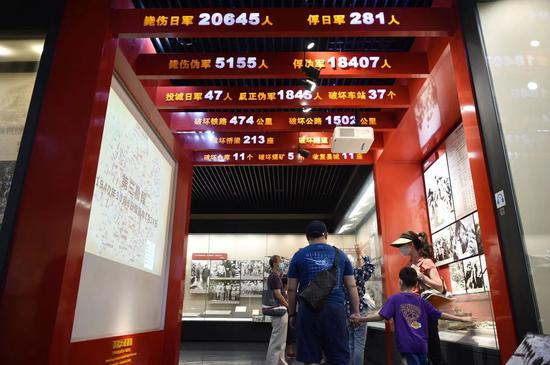









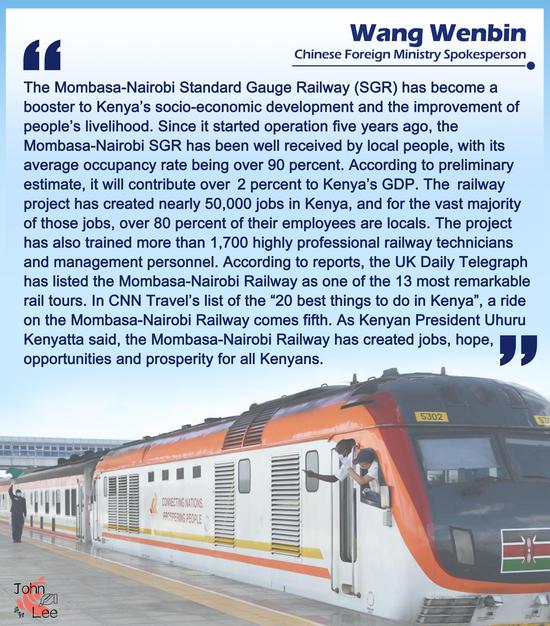

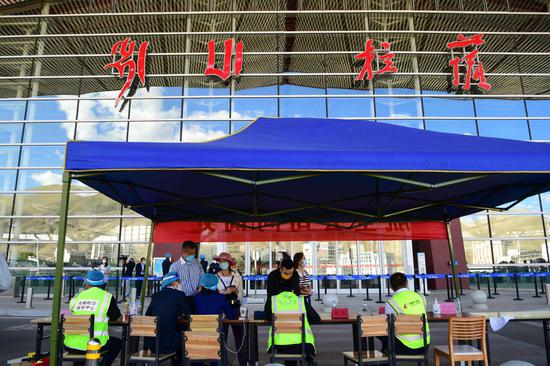


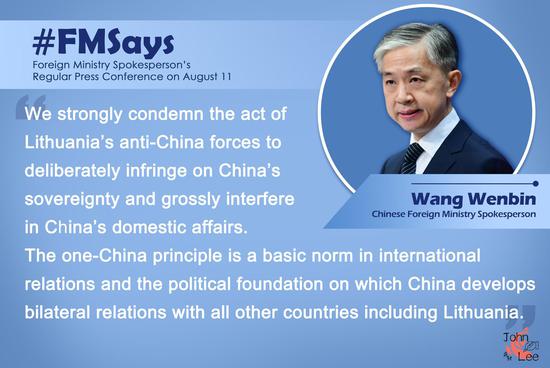

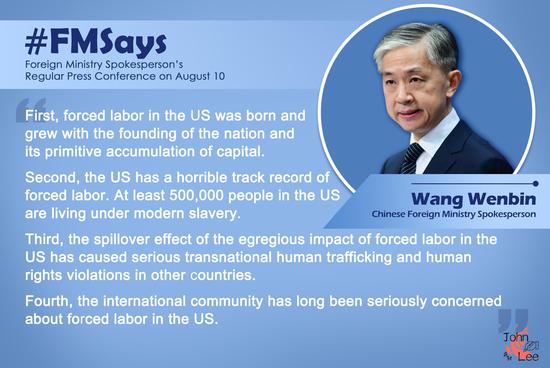
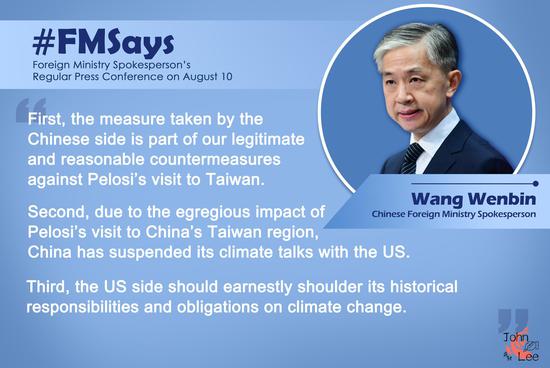






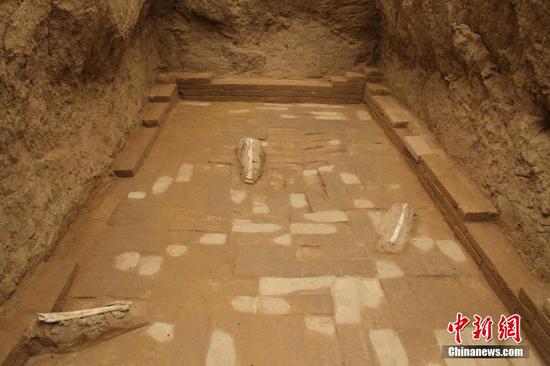
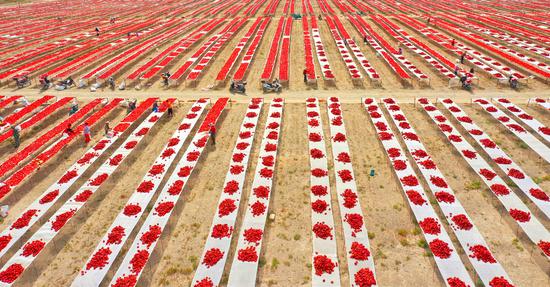


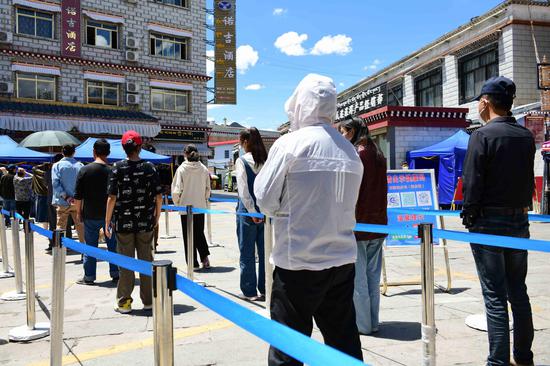
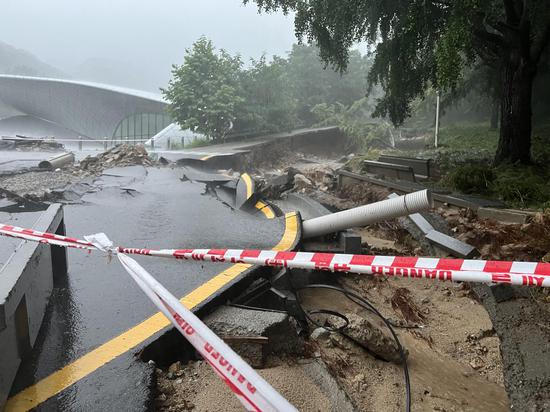

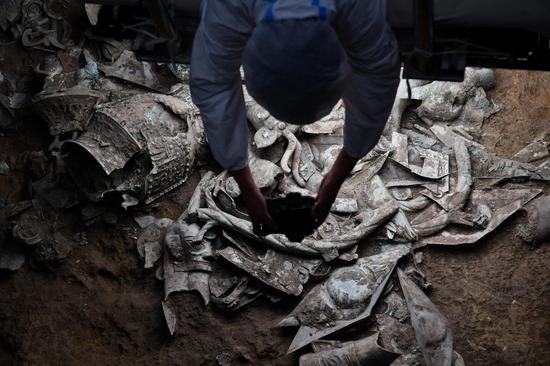






 京公网安备 11010202009201号
京公网安备 11010202009201号